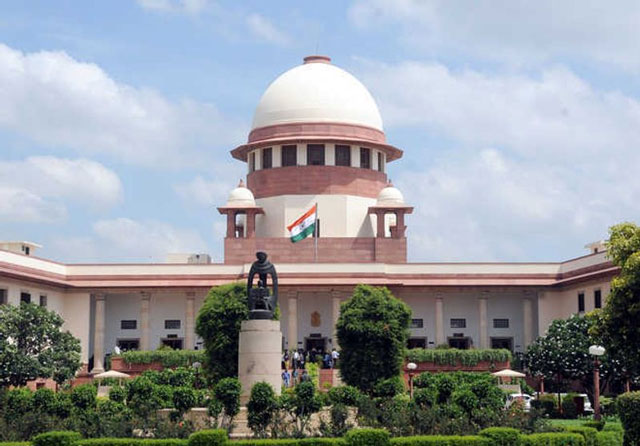Daijiworld Media Network – New Delhi
New Delhi, Aug 21: Chief Justice of India B R Gavai on Thursday observed that judicial activism should not transform into “judicial terrorism” while hearing the Presidential reference on constitutional questions regarding the role of Governors and the President in dealing with Bills passed by state Assemblies.
The five-judge Bench comprising Chief Justice Gavai and Justices Surya Kant, Vikram Nath, P S Narasimha and A S Chandurkar continued the hearing for the third consecutive day.

Solicitor General Tushar Mehta, resuming submissions, referred to previous apex court verdicts on the powers of Governors. He noted that “withholding assent” by a Governor is a complete and independent function under Article 200 of the Constitution.
The court had earlier clarified that a Governor cannot send Bills to the President for reconsideration once they are passed a second time by the Assembly. It also noted that while dealing with preliminary objections raised by Tamil Nadu and Kerala on maintainability, the matter falls within its advisory jurisdiction under Article 143(1).
The reference, made by President Droupadi Murmu in May, posed 14 questions to the Supreme Court. It sought clarity on whether judicial directions can impose timelines on the President and Governors in exercising discretion over Bills passed by state legislatures.
The Centre, in its written submission, opposed the idea of fixed timelines, cautioning that such directions would allow one organ of government to assume powers not vested in it by the Constitution, potentially causing “constitutional disorder.”
Earlier, on April 8, the top court had for the first time prescribed a three-month timeline for the President to decide on Bills reserved for consideration by the Governor.